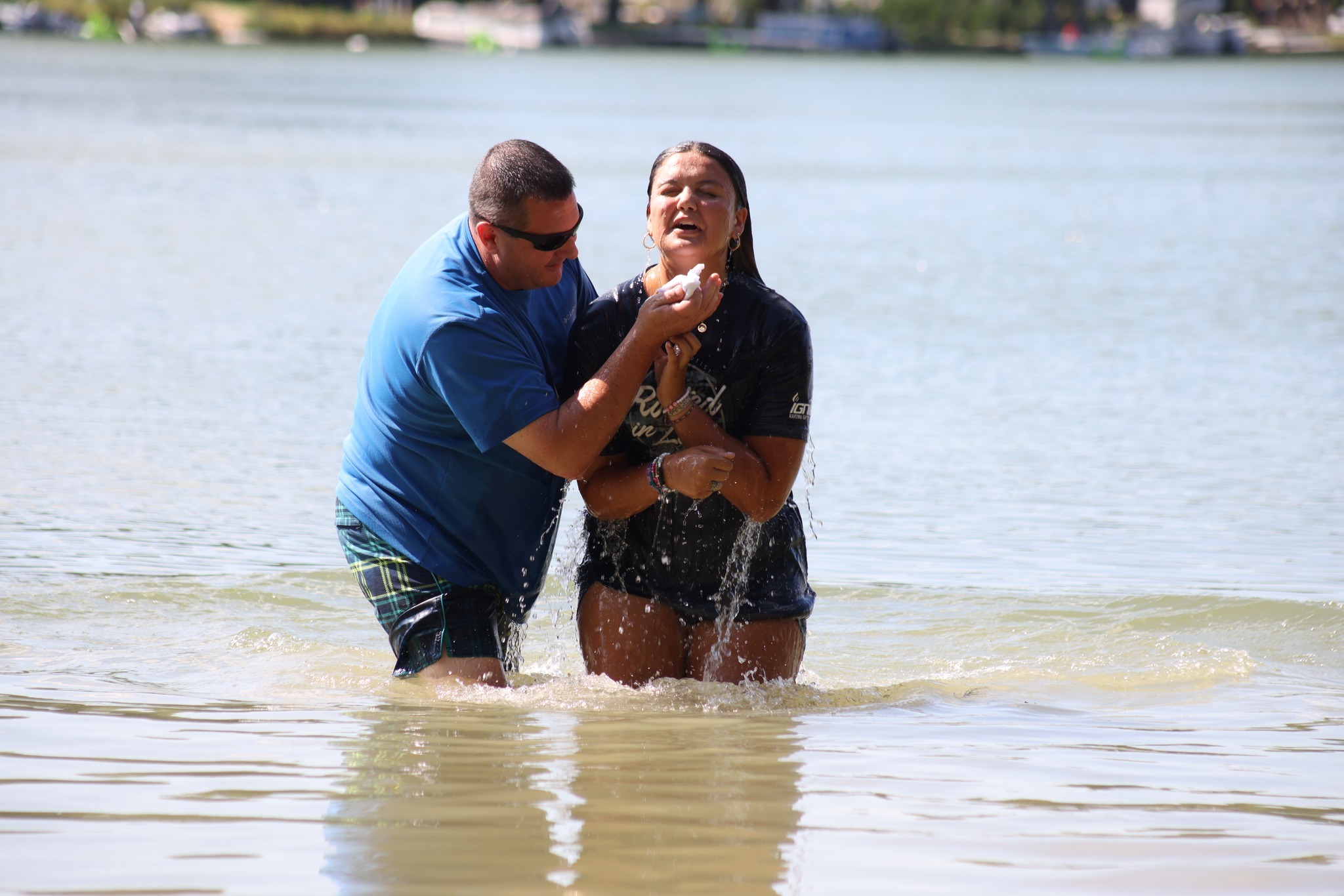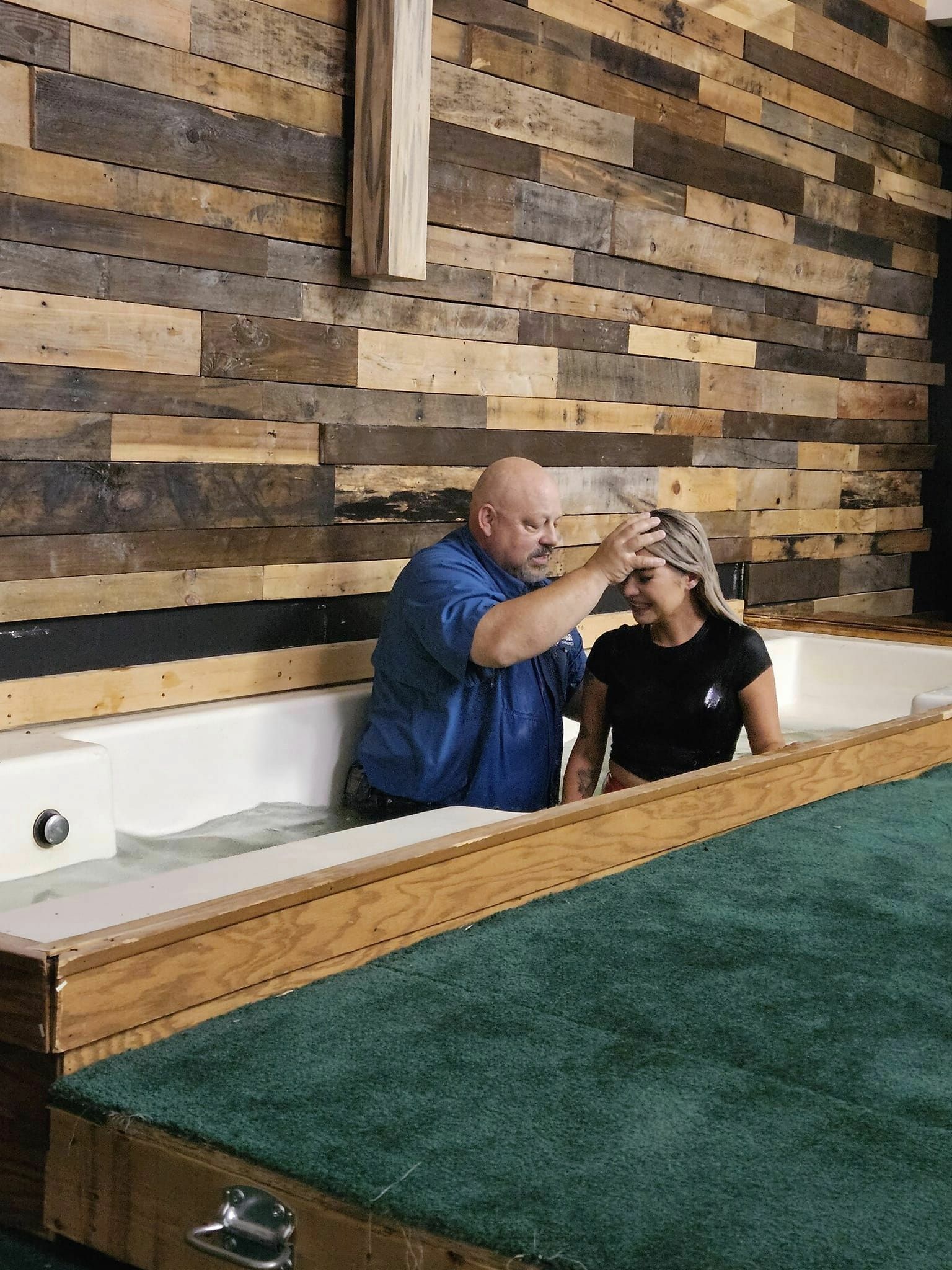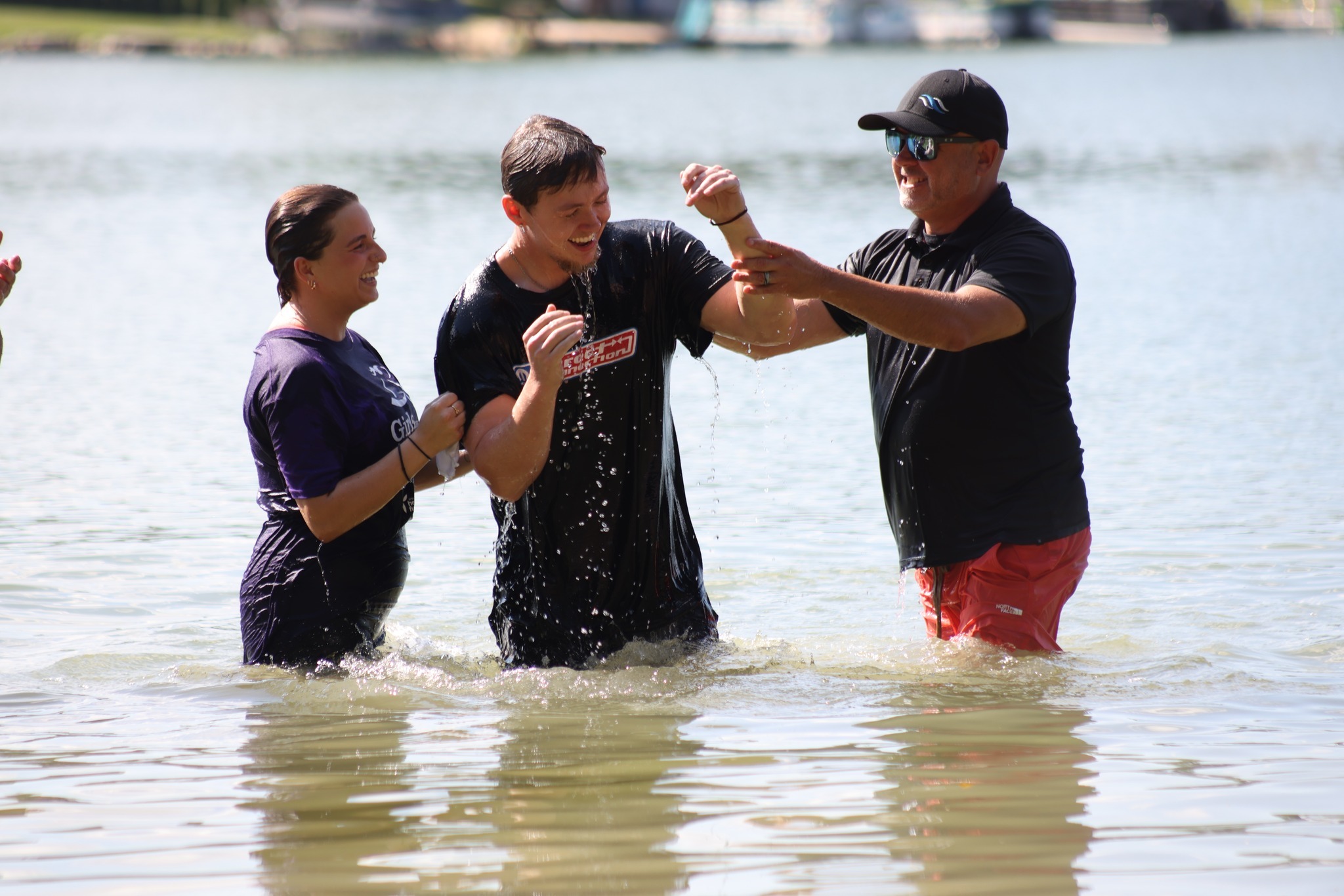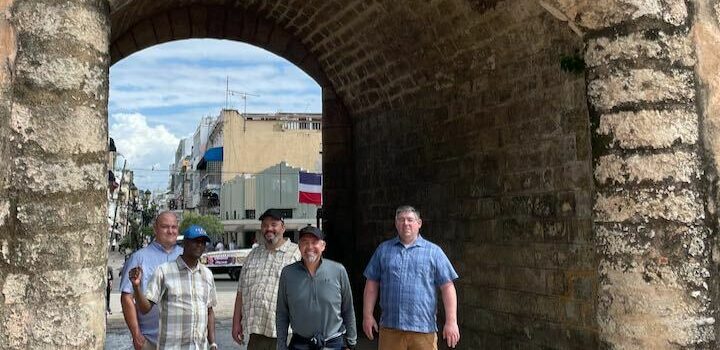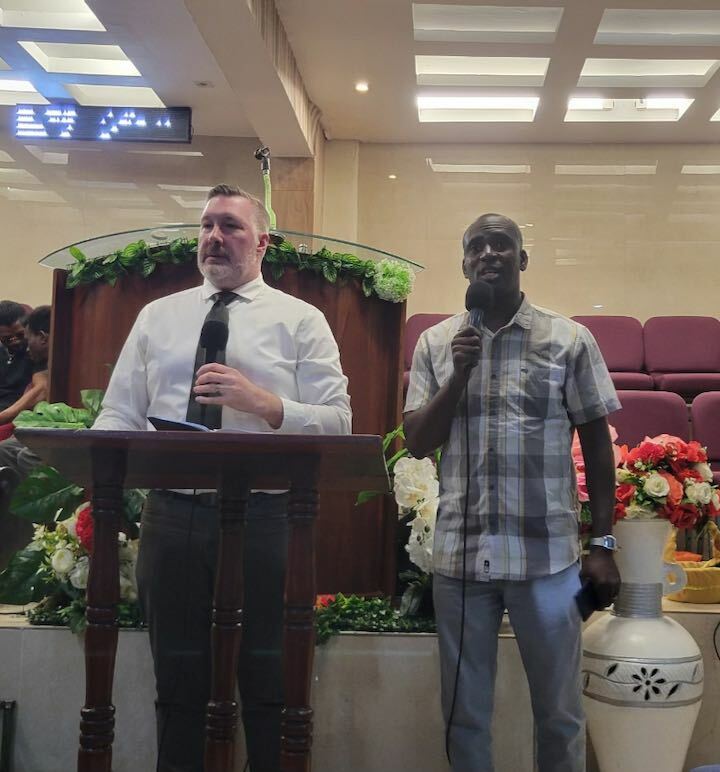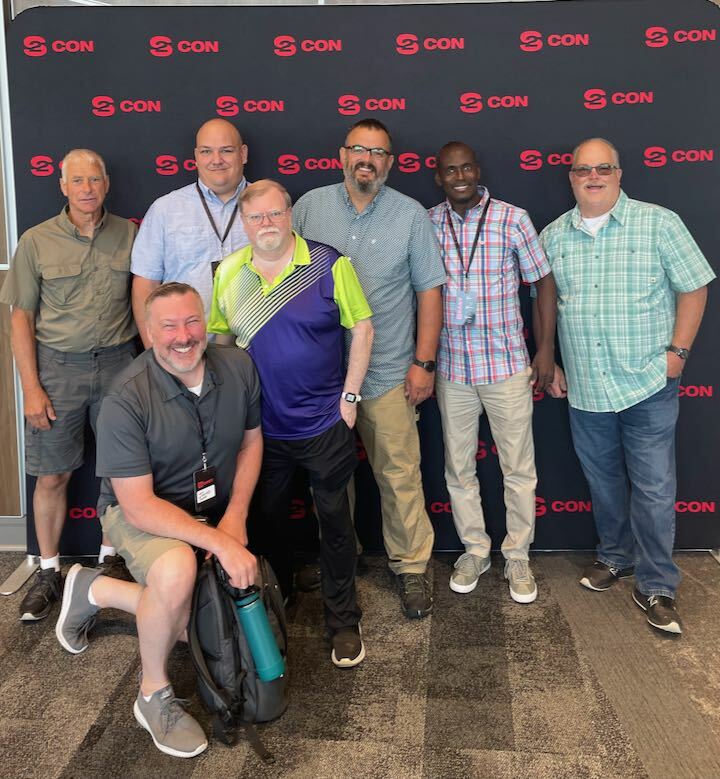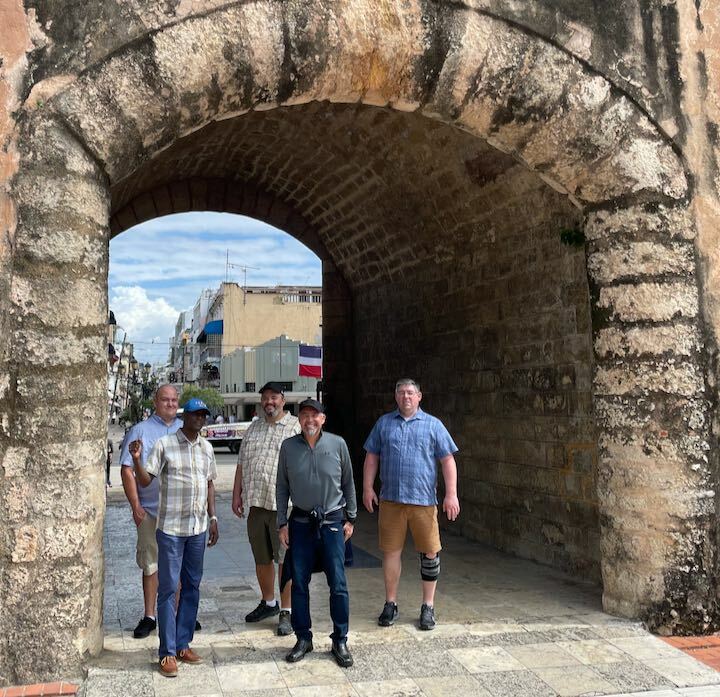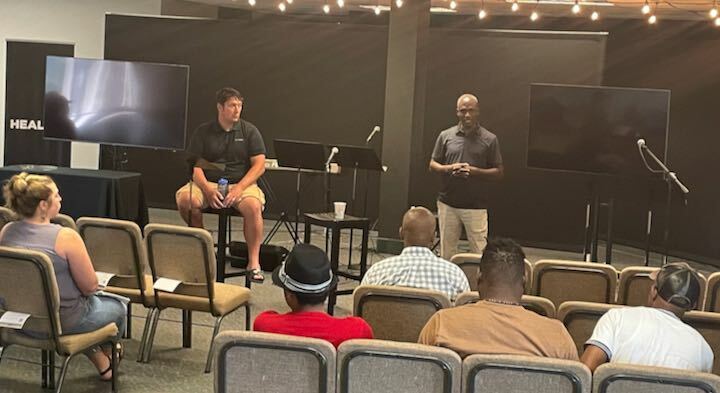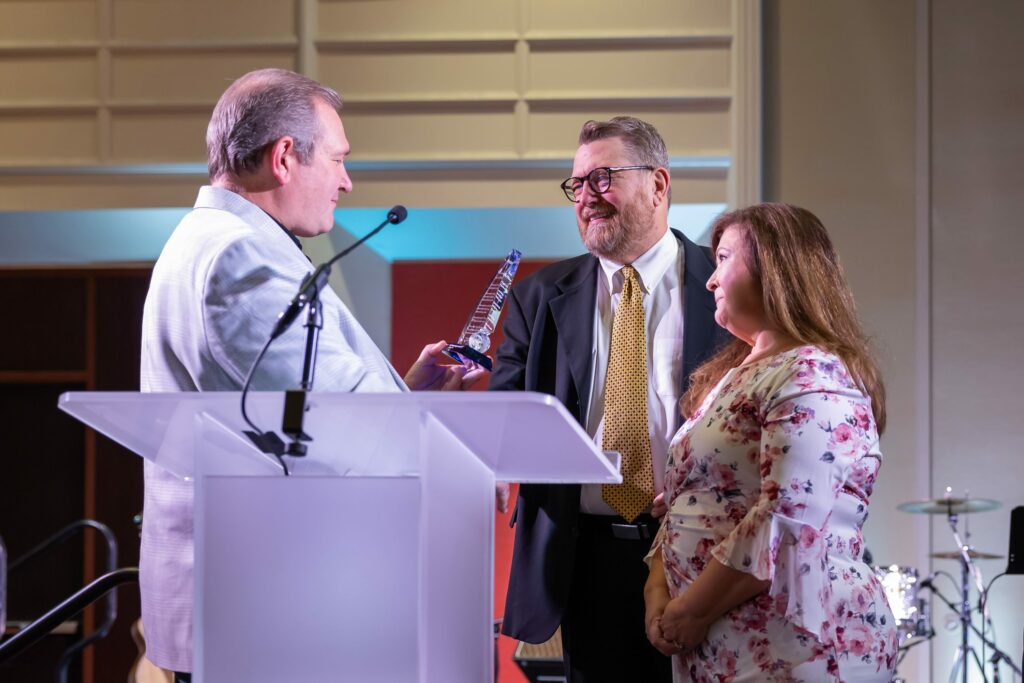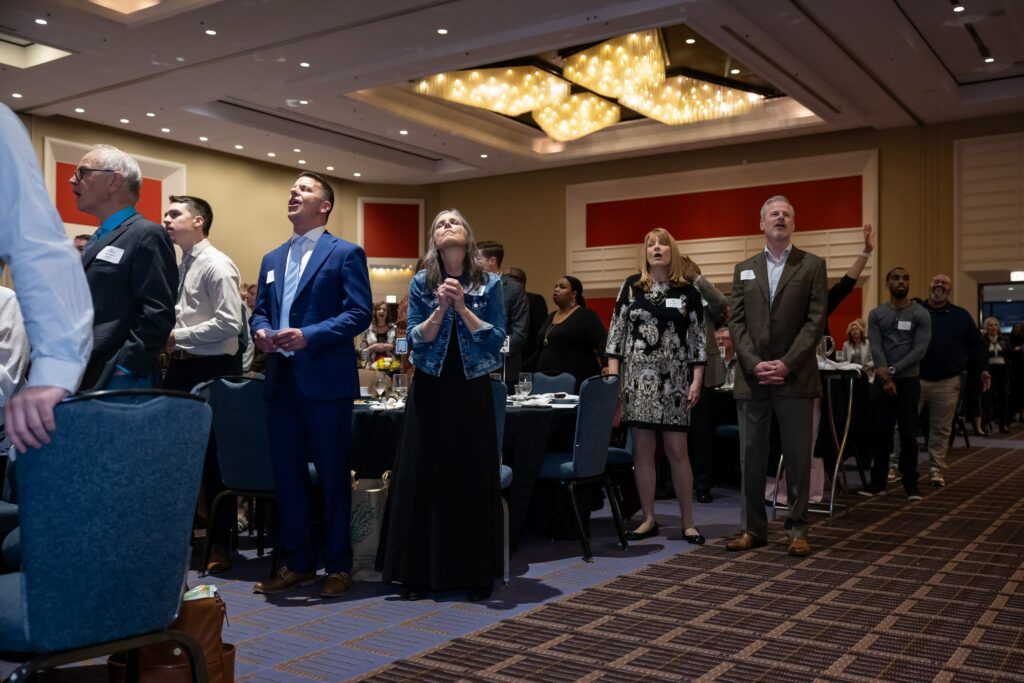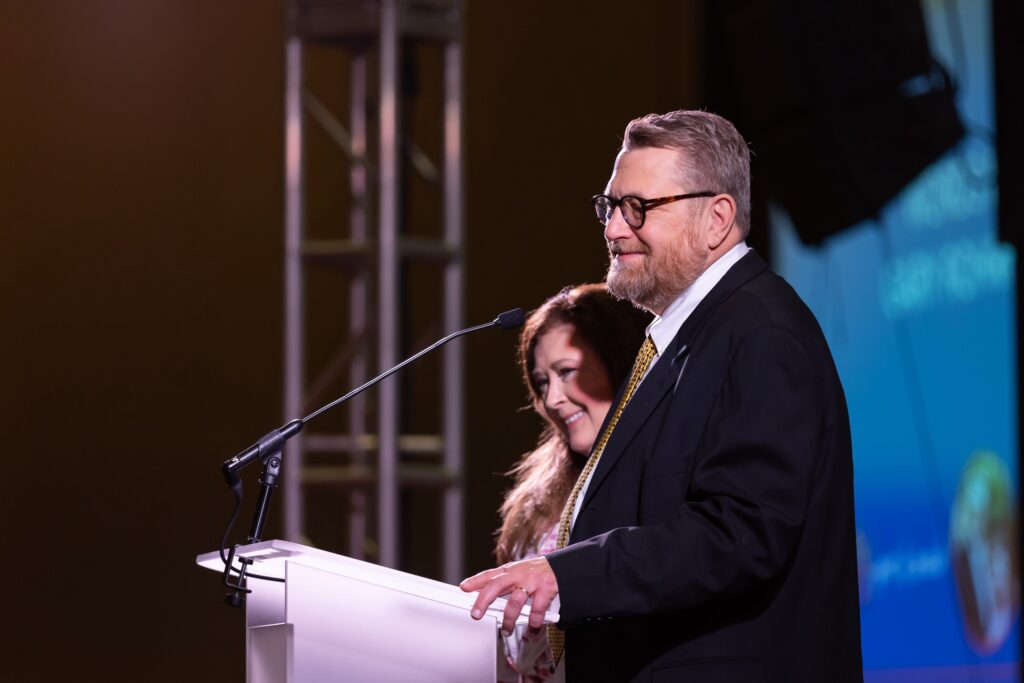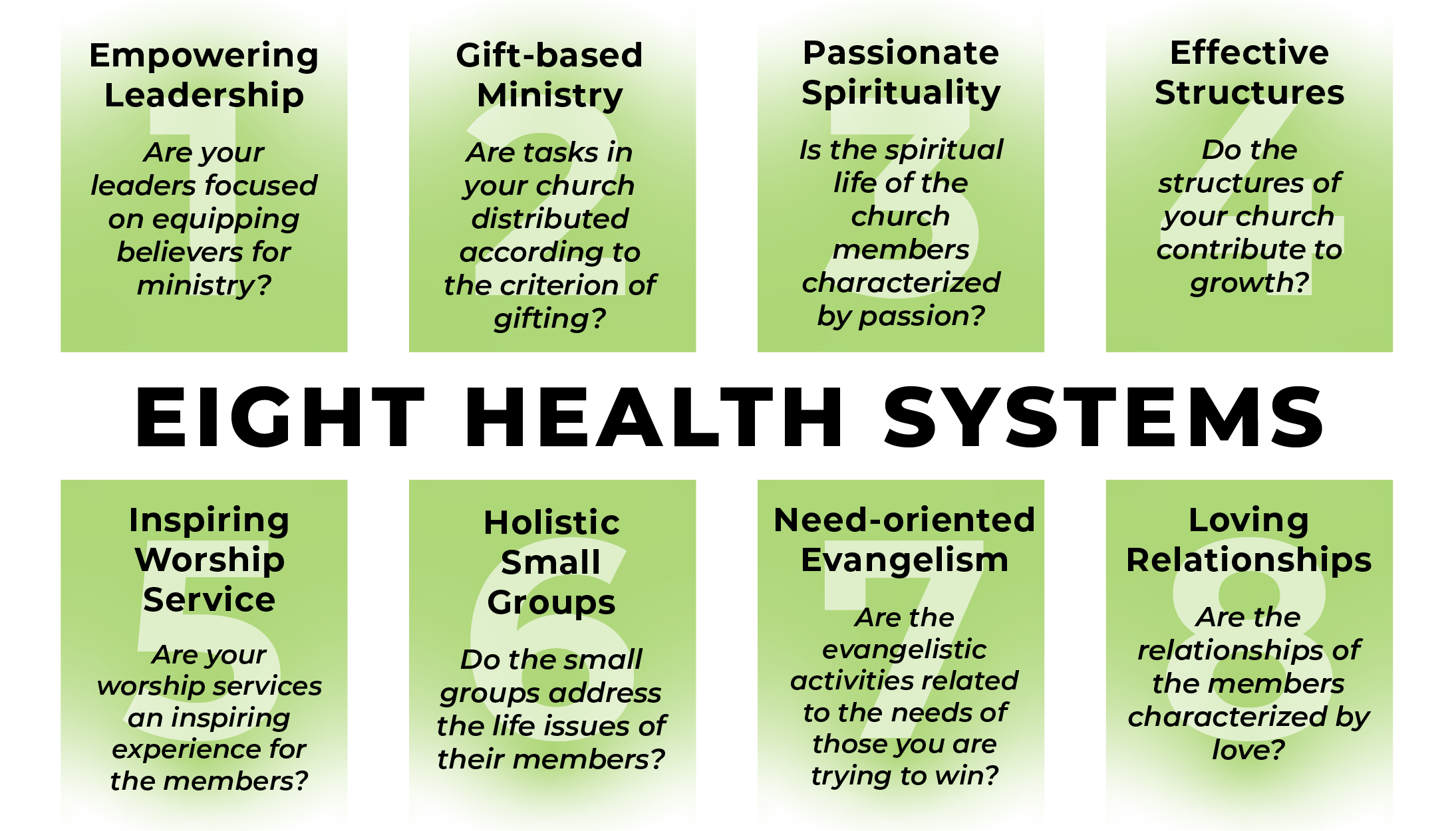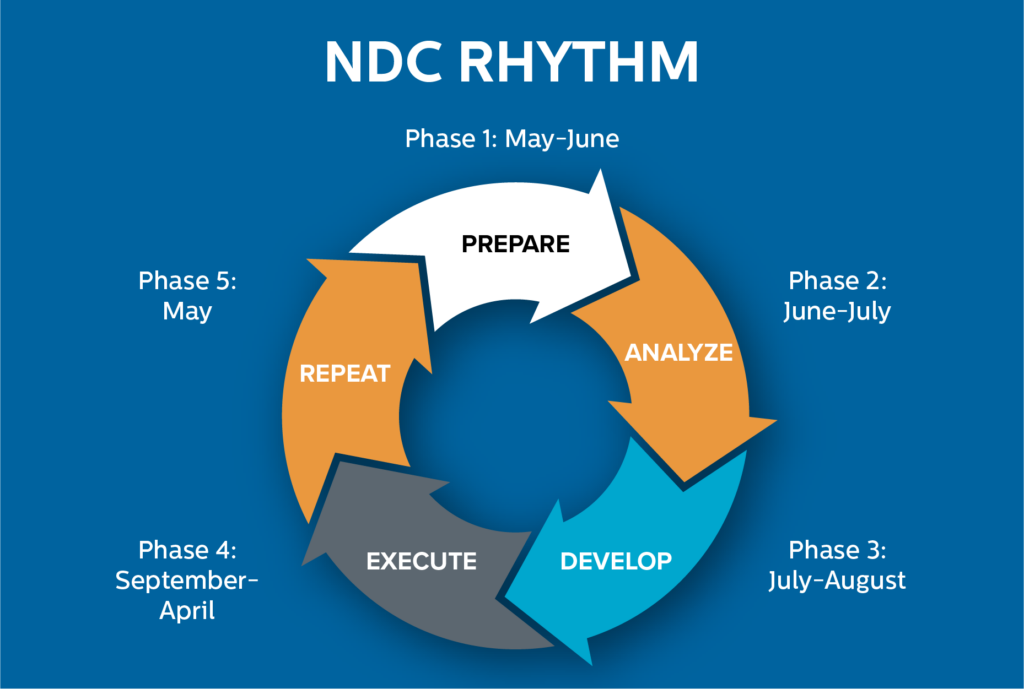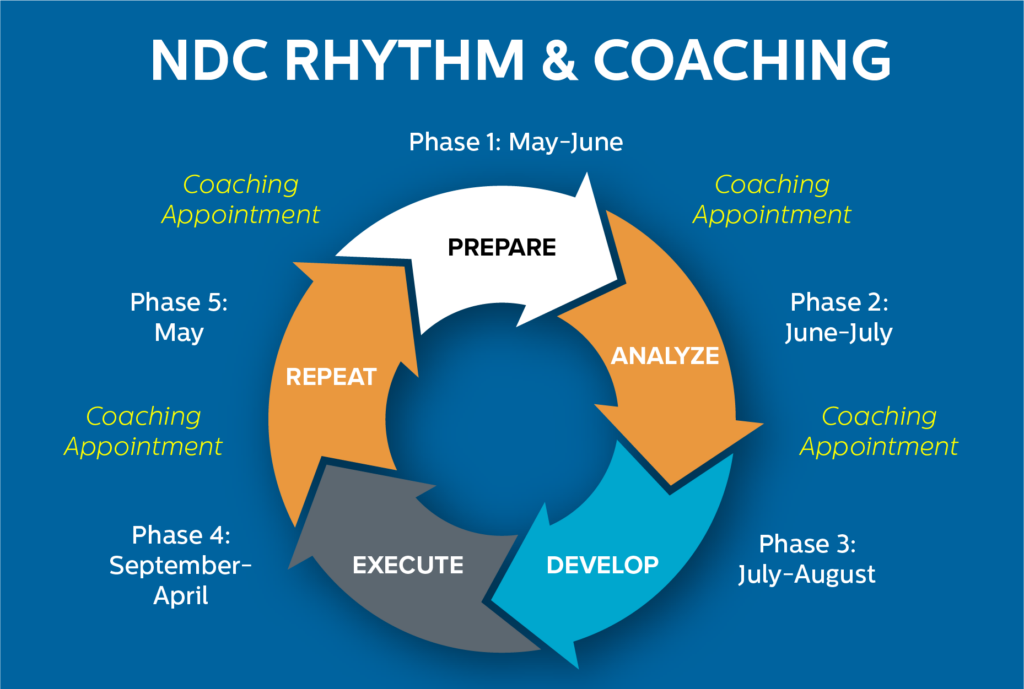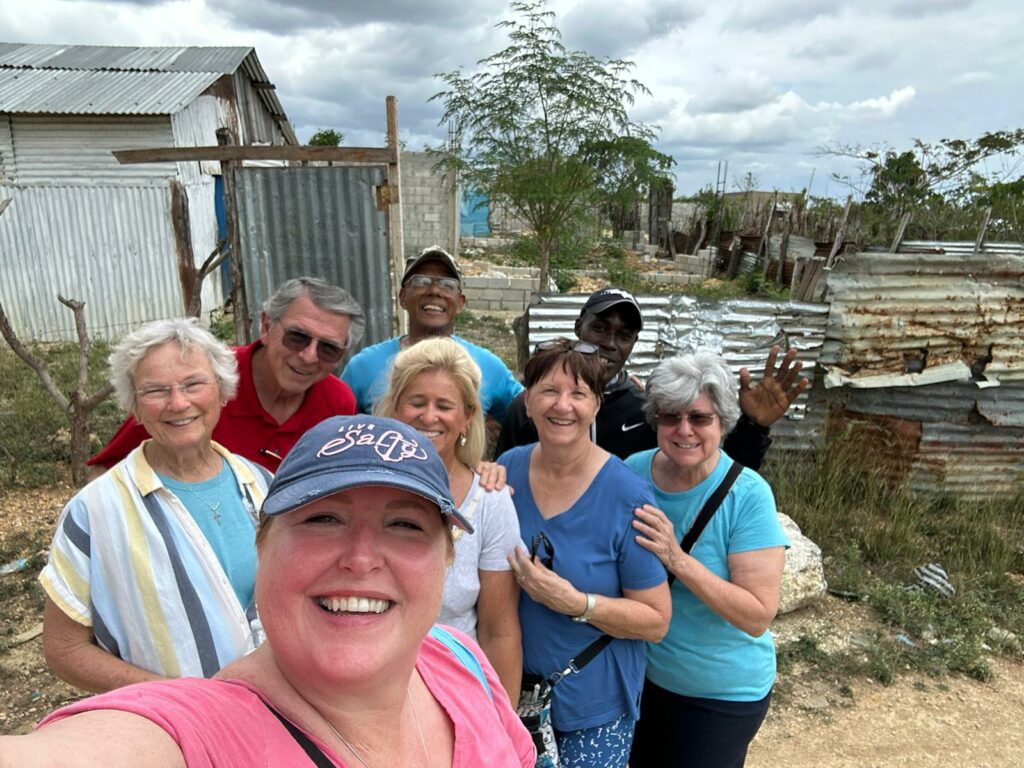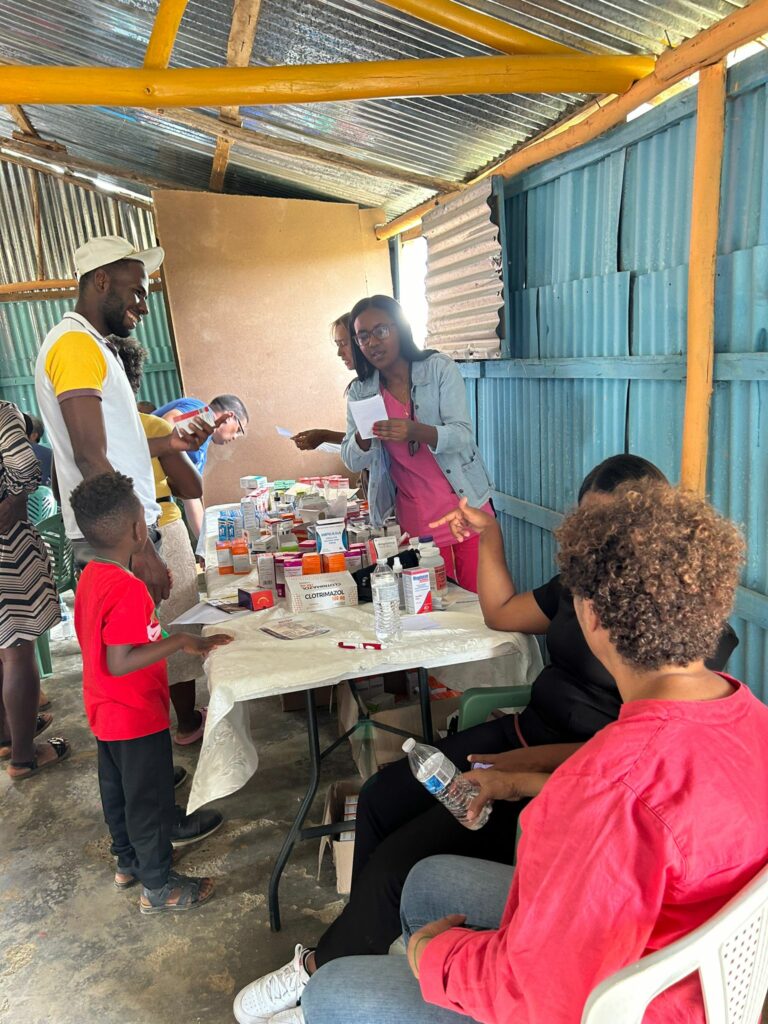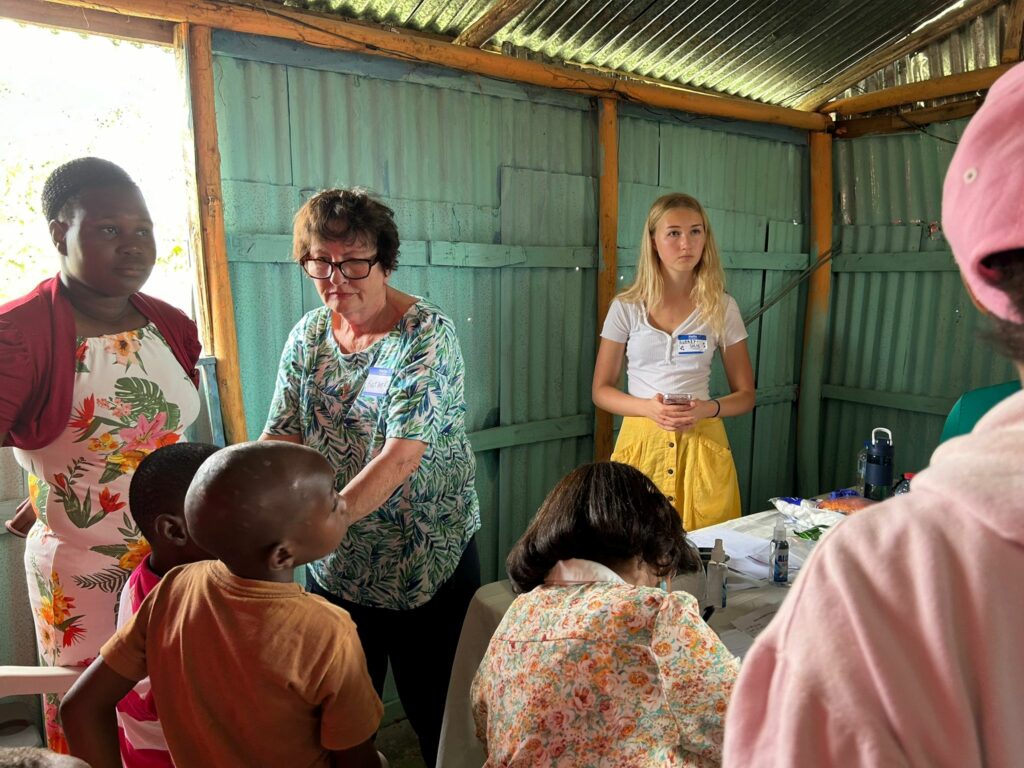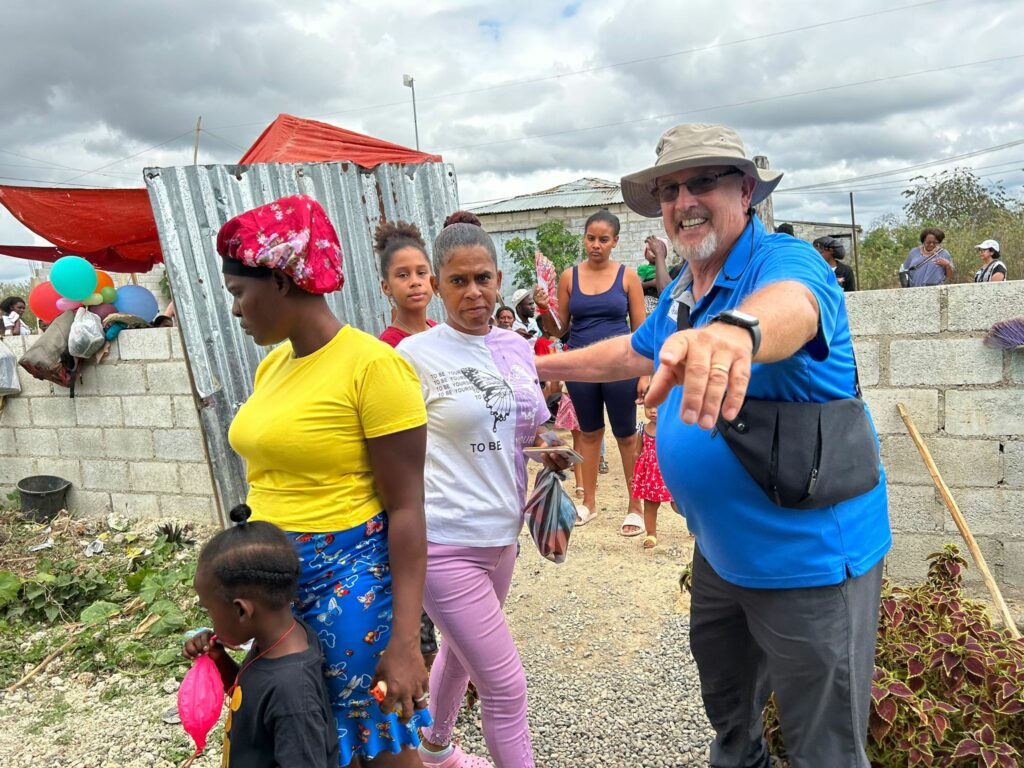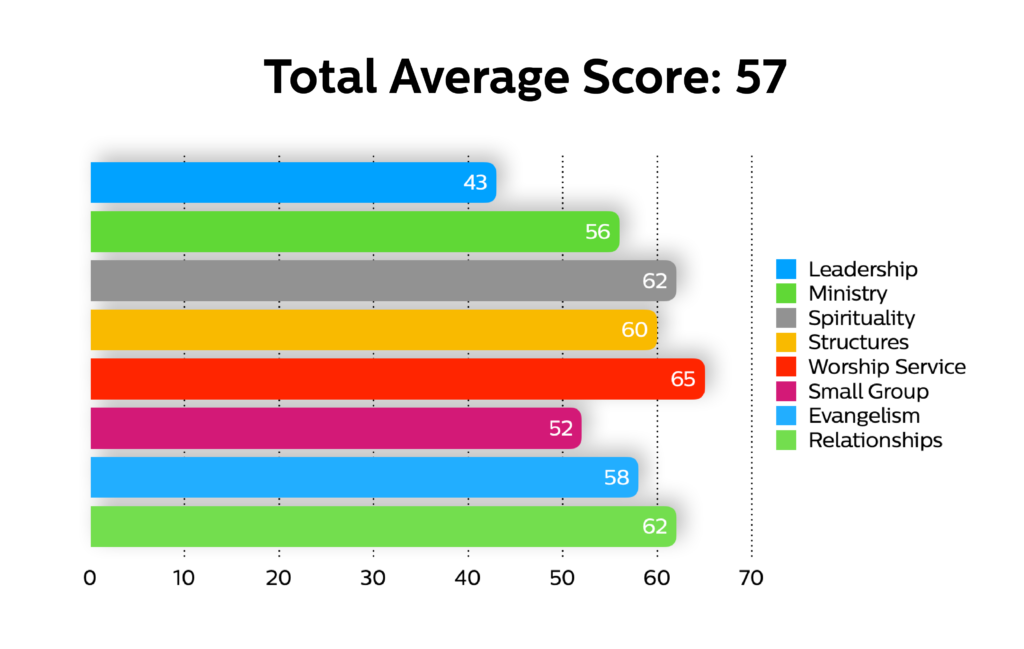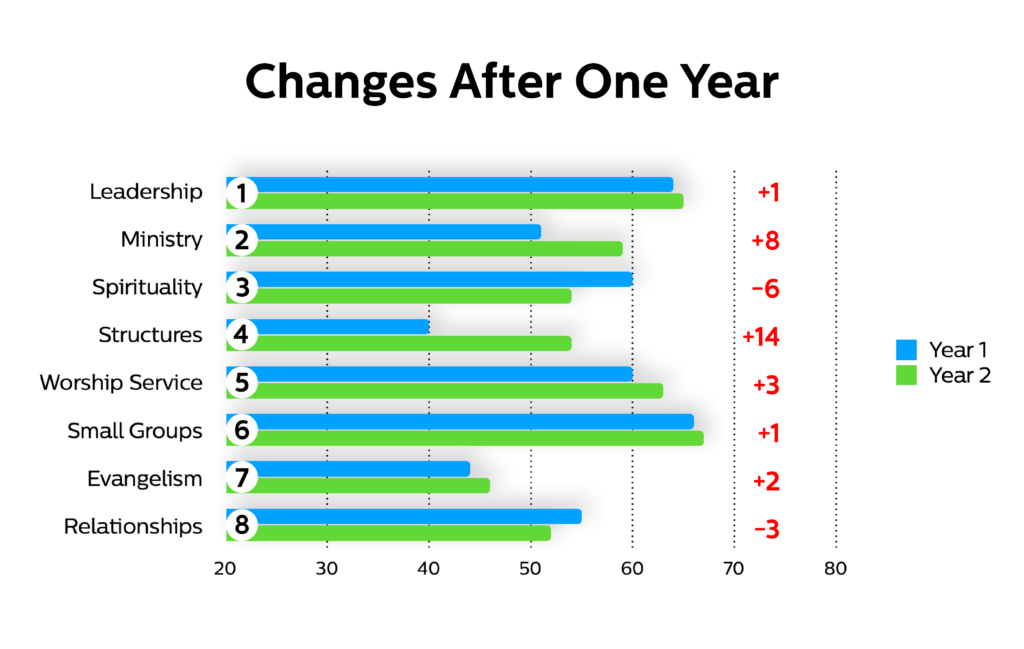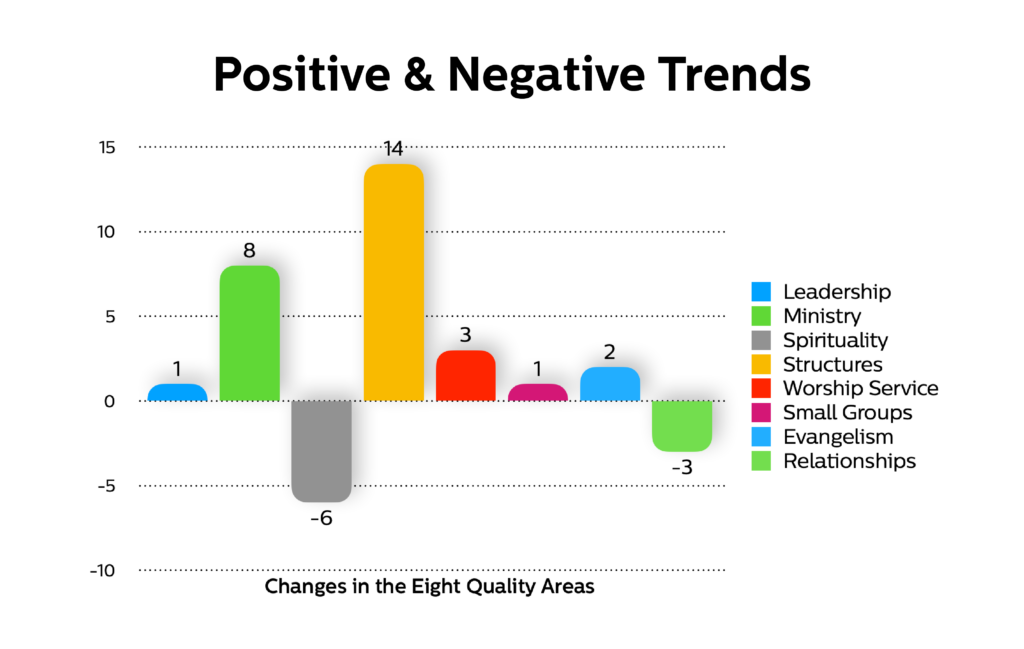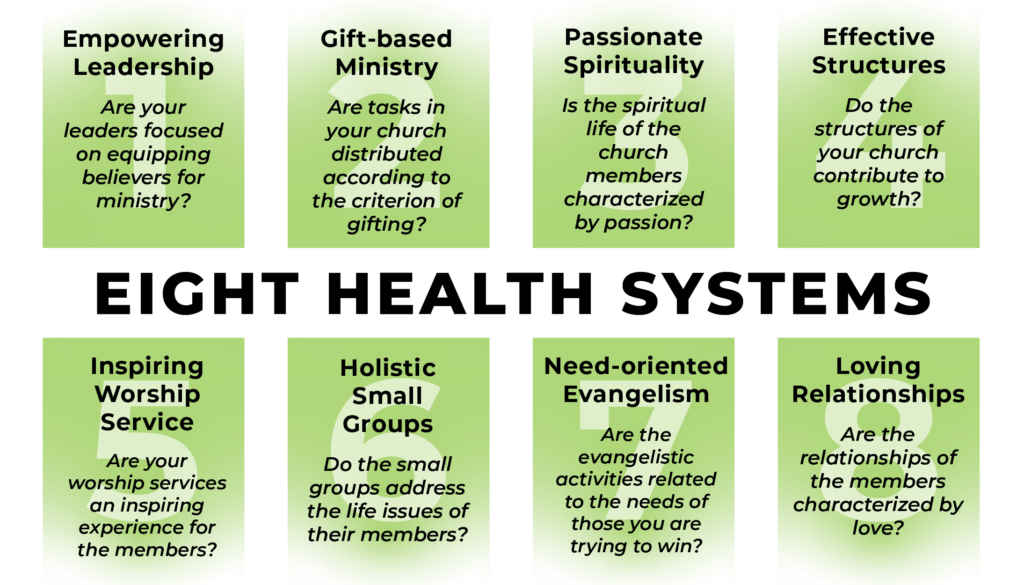At my first Connect Conference as President of Converge MidAmerica, I chose Psalm 118:25 as the theme verse for my report: “O Lord, save us! O LORD, grant us success!” For 37 years of ministry, this missional prayer has been on my lips.
In commenting on the verse, C.H. Spurgeon wrote, “Let the church be built up: through the salvation of sinners may the number of the saints be increased; through the preservation of saints may the church be strengthened, continued, beautified, perfected.” O LORD, grant us success! This missional prayer says, “O LORD, allow us to be part of your great redemptive work! Let us play a small part in your great missional cause!”
Interestingly, the Psalmist prays for salvation and success in the midst of a Psalm whose theme is thanksgiving for deliverance. The point is clear. Thankfulness for past victories will lead to a more desperate reliance on God’s blessing for the future.
In 2011, I wrote the following: “As a movement, we need not only to see this season of favor (2000-2010) as a blessing from God but also a call for more focused dependence on God as we seek his favor in this new decade. O LORD, grant us success as we seek to be in the midst of your great redemptive work!”
Here are eight vision questions I asked in 2011 let’s see how God has answered them in 2024:
1. Can God help us plant 10-15 new churches a year?
Update Today: We have averaged at least one church per month (12) for the last ten years and reached 2 per month (24) at our peak.
2. Can God help us reach 100,000 people through our Easter Services?
Update Today: This number has been smashed with the merger of the Southeast/Caribbean. Our estimates are that over 150,000 people gather weekly under the Converge MSC banner.
3. Can God help us baptize 3,000 people a year throughout our churches?
Update Today: Although we have been terrible at collecting data from our churches, we believe this number is being smashed. Also, this year alone, two churches are reporting that they have baptized nearly 1000 people in their two churches during the first nine months of the year.
4. Can God help us expand our ethnic ministries beyond Chicago and into our other regions?
Update Today: We have an Ethiopian congregation in Indianapolis and Hispanic congregations in Tennessee! Who knew anything about the merger with the Southeast & Caribbean when that dream was declared?
5. Can God help us raise up the next generation of leaders to lead our churches?
Update Today: Our Converge Pastoral Placement Network has served us very well in aiding over two-thirds of our church’s pastoral transitions.
6. Can God help us to better care for pastors and their families?
Update Today: Since 2010, we have invested over $464,000 in care for our pastors and their families through the MAP program, the Pastoral Benevolence, and Special Pastoral Outings.
7. Can God help us reach 100% financial participation from our member churches?
Update Today: In 2010, 50% of the churches gave financially. We have averaged about 75% and, at times, reached 82% participation from our member churches. By God’s grace, the next generation will need to strive to achieve this goal.
8. Can God help us top the $1,000,000 mark in church support for our general ministry and church planting fund?
Update Today: In 2021, we topped the $1,000,000 giving mark from our churches and have not returned since. Thanks to your generosity, Converge MSC leads the way in every financial category among Converge regions.
I ended that list of questions in 2011 with these words:
“The answer is a resounding yes! I learned long ago that God’s dreams are far bigger than ours because God loves those far from him much more than we do! So as a missional movement called Converge, let us unite our hearts, our talents, and our resources as we live out the gospel of Christ together”.
Friends, in my heart, I am nothing but a missional mystic. I’m a leader just seeking to be in the middle of God’s great redemptive work. We are all indebted to the courageous work done by my predecessor, Rev. Bernie Tanis, who restored this mission’s spiritual, moral, and financial integrity, which set us up for the success we have experienced for the last 27 years. I have humbly tried, with great fear and trembling, to live up to those standards and maintain the spiritual, moral, and financial integrity that has granted us a level of success beyond our imagination.
So, this old missional mystic has only one prayer to pray for our new president-elect. “O Lord, save us! O LORD, grant us success!” O Lord, save us from ourselves, from our willfulness, our pride, our can-do spirit, our manipulative efforts, and even our false humility. O Lord, grant us success! Your success, true success, success that comes from the winds of your favor. O Lord, blow your strength and power on our meager efforts. May your heavenly wisdom guide us down the path of righteousness, and may the promises of your word help us to take leaps of faith as we seek advance your kingdom for your glory.
It has been an honor serving the pastors, lay leaders and churches that make up Converge MSC for these last 26 years.
May God richly bless you all abundantly,
Gary Rohrmayer
